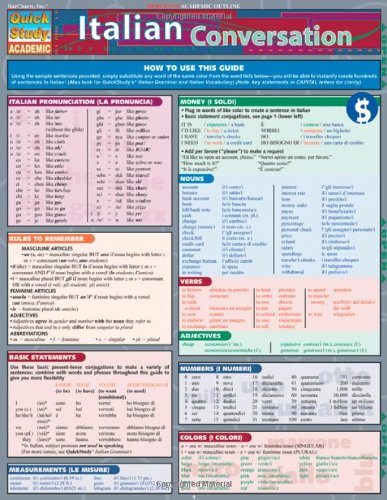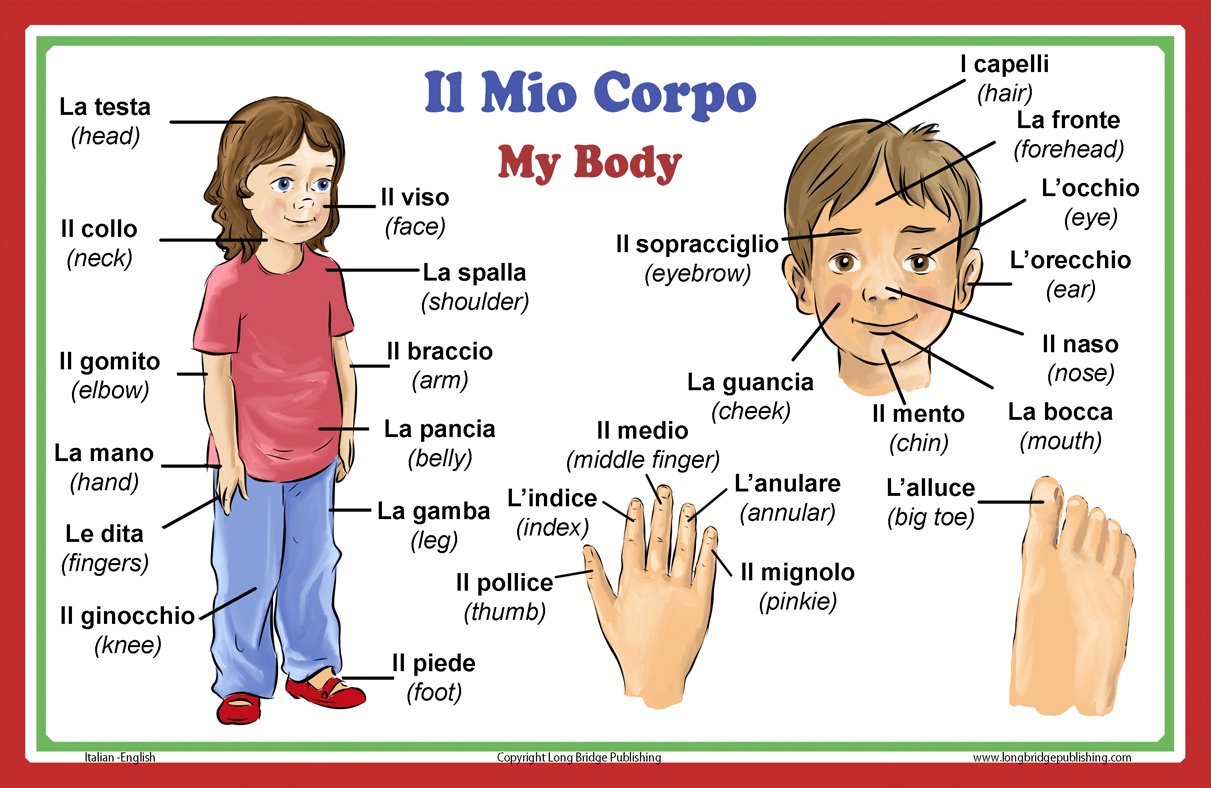In this article, we will explore the essential Italian phrases “Di dove sei,” “Come stai,” and “Ask Answer” to help you navigate conversations in Italian with confidence.
Descriptive Responses to Origin Inquiries
When asked about your origin, respond with a simple “Sono di [paese]” (I am from [country]). If the question is about your city or region, replace “paese” with the specific location. For example, “Sono di Roma” (I am from Rome). Keep your response brief and to the point. If someone asks “Come stai?
” (How are you? ), you can reply with “Bene, grazie” (Good, thank you) or “Non c’è male” (Not bad). These phrases are common in Italian conversations and will help you navigate social interactions more easily.
Conversational Examples and Dialogues

When responding to “Di dove sei?” (Where are you from?), you can say “Sono di [your country].” For example, “Sono di America” means “I am from America.”
To answer “Come stai?” (How are you?), you can reply with “Sto bene” (I am good) or “Non c’è male” (Not bad).
These simple conversational examples can help you navigate basic Italian greetings and conversations with ease.
Bilingual Sentences: Italian and English

| Italian Sentence | English Translation |
|---|---|
| Di dove sei? | Where are you from? |
| Io sono di Roma. | I am from Rome. |
| Come stai? | How are you? |
| Sto bene, grazie. | I’m good, thank you. |
Clarifying the Meaning of Origin Questions
Origin questions in Italian, such as “Di dove sei? ” or “Where are you from? “, are commonly used in conversations. These questions are a way to get to know someone’s background and can help establish a connection. When responding to these questions, it’s important to provide specific details about your birthplace or where you currently live.
This can help avoid any confusion and ensure clear communication.

